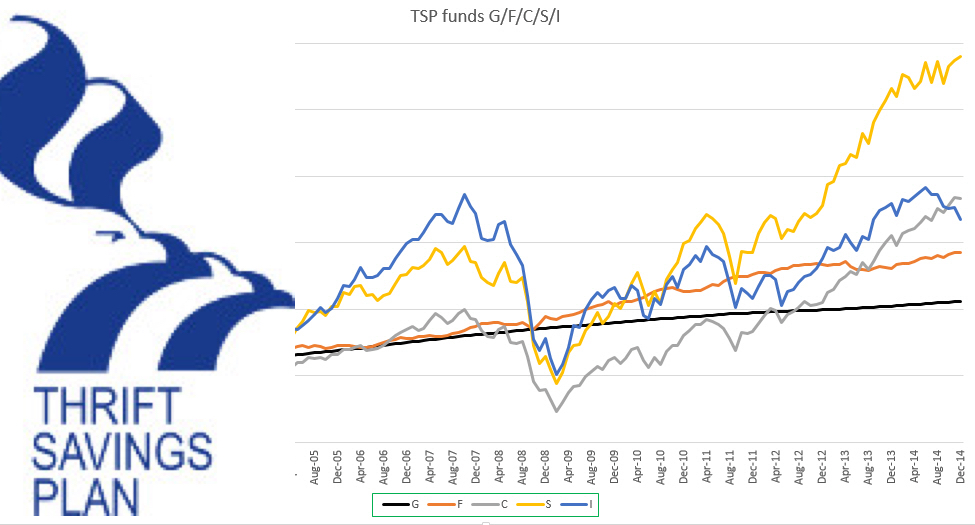Making the best retirement decisions is the first step toward building a financially secure life when you retire from your federal job. Many things can prevent you from making the best retirement decisions. Knowing these things may be late for people retiring this year, but it will help federal employees who want to retire next year and beyond.
Here are the nine retirement mistakes you need to avoid before you retire from your federal job.
Failure to witness a pre-retirement counseling seminar.
- Also Read: Divorce and Your Federal Pension—What Happens When You Split Assets and How It Could Affect Your TSP
- Also Read: What Happens to Your Federal Benefits After Divorce? Here’s the Lowdown
- Also Read: The Best FEHB Plans for 2025: Which One Fits Your Lifestyle and Budget the Best?
Uncertainty about carrying your health insurance plan into your retirement period
If you are a federal employee, you probably already know the great importance of the Federal Employees Health Benefits (FEHB) program. Suppose you want to benefit from the coverage at retirement. In that case, you must enroll in the program for five years immediately preceding when you retire from the workforce. According to this rule, you can carry your FEHB coverage into retirement if you are an enrollee for the immediate five years before your retirement.
Although, these three categories of people are exempted from this rule:
- Retirees covered under their spouse’s Federal Employees Health Benefits program.
- Federal employees who enroll in the program early but retire within less than five years of enrollment.
- Federal employees who choose to retire early without a complete five years of coverage under the program.
Failure to know the effect of retirement contributions withdrawals
We know that some people leave their government job when they want to start a private job. During this period, they also collect their retirement contributions. After some years, they may return to a government job with two choices. These choices are either depositing back the money or accepting an annuity reduction when they retire. You need to consider if taking an annuity increase will cover the cost of buying back that time.
Inability to get credit for your military service years – part one
You can add your active military service years to your federal service periods, and this will not only reduce the number of your civilian working years, but it will give you more annuity immediately when you retire. Suppose you are an employee under the FERS; you can only enjoy these benefits when you make a deposit to get the credit for your military service.
Another rule applies to employees under the CSRS. Employees already in service before October 1, 1982, don’t need to make a deposit. Still, their annuity will be reduced if they choose not to pay the deposit. Employees hired after this date will deposit before they can get credit for their military service.
You must note that you will make a deposit to get the credit if you are either eligible or collecting retired military pay. You will also waive that military retired pay when you leave the workforce. An employee collecting reserve retired pay doesn’t have to pay a requirement waiver.
Inability to get credit for your military service years – part two
Suppose you served in the military and you are a CSRS employee eligible for the Social Security benefit at age 62; you need to make a deposit to the retirement fund if you want to get credit for your military period in your civilian annuity computation. If you don’t make this deposit, there will be a 2% annual reduction in your annuity, and this reduction will be for every individual year of your military service. Your annuity will be computed without your military years if you retire before age 62 without making a deposit, and you are eligible for Social Security at age 62. However, if you retire at age 62, the annual annuity reduction starts immediately after you retire.
Failure to get credit for your entire federal service years
Suppose you served with VISTA or the Peace Corps, worked as a post office substitute carrier, or were employed as a United States Capitol guide. Your working period may count as creditable civilian service. Although, it will only count if you claim it, and in some cases, make a deposit to the retirement fund. The more your creditable service years, the larger your annuity and the earlier you are eligible for retirement.
Over-evaluating your COLA’s value
You are entitled to the cost-of-living adjustment (COLA) if you are a CSRS employee who retires under any service combinations and age. Employees under the FERS are not entitled to a COLA on their annuity until they are 62 years old. Your COLA may be lower than the inflation catch-up value when you start to receive it. Still, you will receive the entire COLA on your Social Security benefits.
Suppose you are a retiree with immediate eligibility for COLA under both retirement systems; your first adjustment will be divided according to your duration on the retirement rolls.
Lack of accountability for the Windfall Elimination Provision
This provision only applies to CSRS employees with adequate Social Security credits with which they qualify for a benefit under the program. At the same time, they have thirty years of substantial income under the program. If they don’t have substantial earnings, their benefits will be reduced every month. It would help if you had substantial earnings. For example, you have to earn $5,640 before you can get four Social Security credits. You must earn $25,575 before your income is classified as being substantial.
Lack of accountability for the Government Pension Offset
The Government Pension Offset only applies to CSRS employees. Your benefits may be wiped out if you are entitled to a Social Security survivor benefit, and you will be receiving a CSRS annuity. This is because the GPO will reduce your benefit by $2 for every $3 you will get as your annuity.












